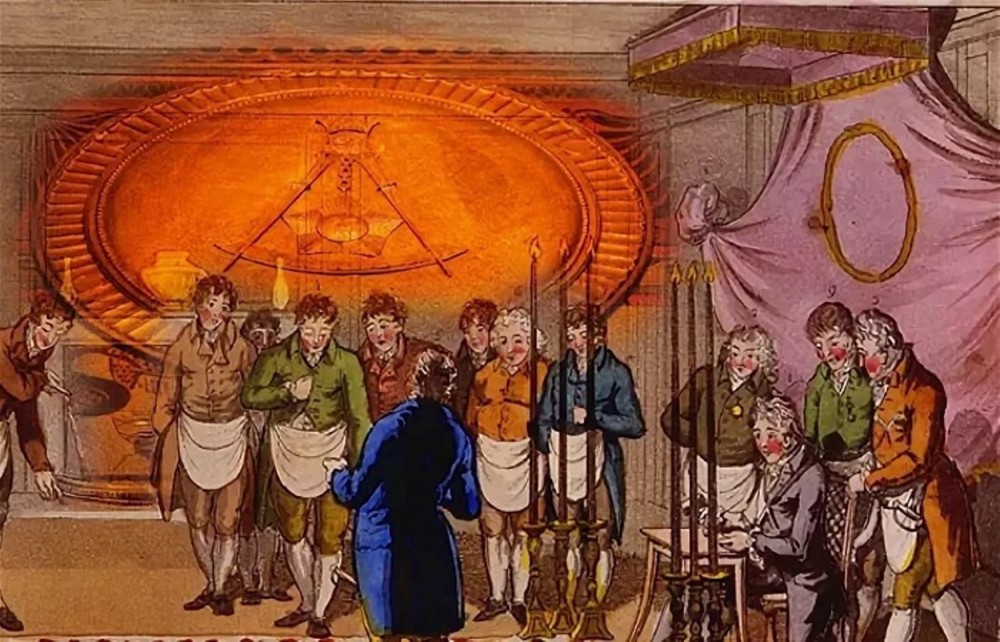
This study is devoted to the activities of the Order of Freemasons in the Russian state during the reign of Peter I (1682—1725) to Nicholas II (1894—1917). The materials include works on Russian Freemasonry from the pre-revolutionary, Soviet and modern periods, and the research methodology includes such methods of historical research as historical-systemic, historical-genetic, content analysis, classification method, etc. Summing up the research, the author notes that the novelty of the presented work is due to a more convenient and simplified classification of the periods of development of Freemasonry in Russia, which includes four stages: 1. The birth of Freemasonry in Russia (1698—1731): the so-called «legendary» period, which is not confirmed in the documents, however, the Europeanizing policy of Peter I allows most historians to assume a strong influence of the ideas of Freemasonry on the first Russian emperor; 2. The establishment of Freemasonry (1731—1762): a representative office of the order was opened in the Russian Empire, and ideas began to spread among the political elites, namely, the noble guard. There are no direct documents on the political influence of the Masonic lodge, but during this period five monarchs were enthroned or overthrown by the guard. In our opinion, the influence of the Freemasons was not so strong, especially during the reign of Anna Ioannovna and Elizabeth Petrovna, to determine the policy of the state; 3. The spread of Freemasonry in the Russian Empire (1762—1792): it became possible thanks to the liberal policy of Catherine the Great; Freemasons spread extremely widely (including Tsarevich Pavel Petrovich), as a result of which they began to influence politics and represent the opposition, effectively destroying the state system built by Catherine. This led to the prohibition of Freemasonry; 4. The prohibition of Freemasonry in Russia (1792—1917). Paul I, being a Freemason himself, realized the negative impact, if not of the ideas, then of the actions of Freemasonry, therefore Catherine II's ban remained in force. While maintaining the legal ban, but somewhat indulging the Freemasons, Alexander I in 1801—1822 treated them with leniency until their ideas began to mix with revolutionary Decembrism. In 1822, a decree was issued prohibiting the activities of any secret societies, which remained in force until 1917, and Freemasonry in Russia became illegal.
Source: Mamadaliev A.M. (2025). Russian Freemasonry from Peter I to Nicholas II: a Historical Sketch. Bylye Gody. 20(2): 532-539
Source web-site: https://bg.cherkasgu.press/journals_n/1748766338.pdf
Number of views: 2059